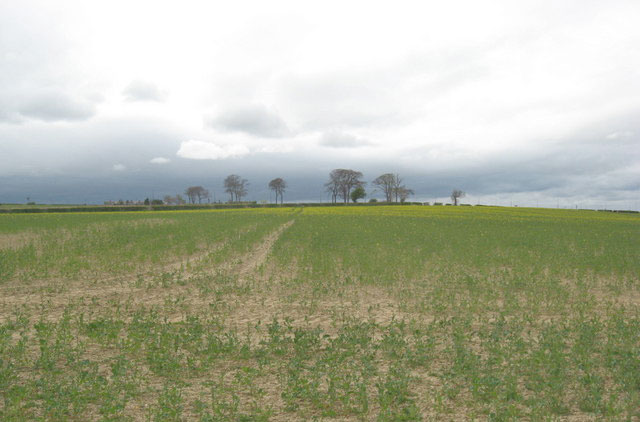
Prices for high quality arable land could exceed £20,000 per acre by the year 2020 according to James Brooke, Head of Rural Estate and Farm Agency at Bidwells.
Speaking at Cereals 2013 and having reviewed the current national land values (particularly supply of Grade I agricultural land) across the country, Bidwells are confident that the price rises seen over the recent years will continue.
Given the global need to feed an ever greater world population anticipated to exceed nine billion by the year 2050, Brooke said land prices in some circumstances will exceed the £20,000 per acre.
For the very best land, when it is keenly sought after and often in relatively small blocks, values approaching that have already been achieved.
Brooke cites a number of variables which affect the productive potential of the very best farmland, therefore the demand for it and consequently its value such as:
1. Climate
The need for land to be able to adapt to produce different crops and varieties will be an increasingly important factor and the ability to adapt to climate change will affect the land appeal in the market
2. Irrigation / Drainage
The ability to secure long term access to water in the UK and abroad and converse, the ability to farm land which is well drained, thereby perusing commercial scale cropping in both wet and dry times will be critical
3. Technology and Expertise
Especially important when pursuing sustainable intensification strategies and the need to be able to farm on a commercial scale with a strong skill base adapting to technological advances without constraint
4. International Factors including
Title, property rights and long term security of ownership
International commodity prices rising, input prices and competition for them and in particular being able to control and manage the costs of production and the ability to react to demand without political or environmental interference
The reintroductions by CAP Reform of compulsory set aside and a minimum of three crops per farming business are good examples of political influencing farming strategies and ultimately the ability to generate the best returns.
He observed that in the UK, availability of finance has remained an important catalyst for the sustained momentum in land prices, thereby enabling farming businesses to compete with 'cash rich' investors either to purchase, or in some cases, to gear up and farm on their behalves – therefore generating the returns they are seeking.
Over the last 5-6 years most banks have witnessed more secure performance from their agricultural lending than perhaps the residential and commercial property portfolios have seen, driving them to compete aggressively for agriculturally based business opportunities.
